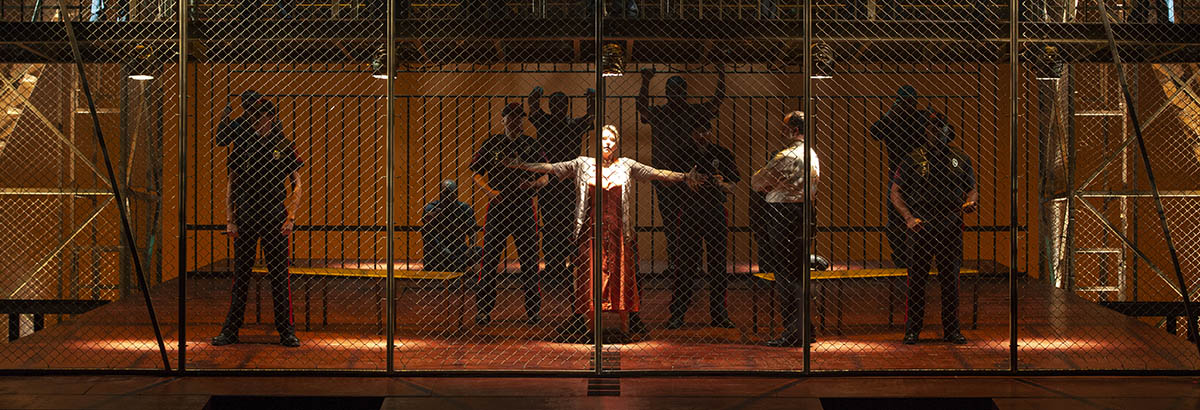October 22, 2019
Thrilling Contemporary Opera
Opera at its best takes the universal themes of humanity and brings them to life in the space and time of a live performance.
Many of the most deeply complex issues human beings will ever face are at the heart of many great operas, including the one you are about to experience at Lyric. In the emotional and spiritual journeys of its two central characters, Dead Man Walking makes us think in new ways about basic, life-changing concepts, such as guilt, innocence, punishment, and forgiveness.
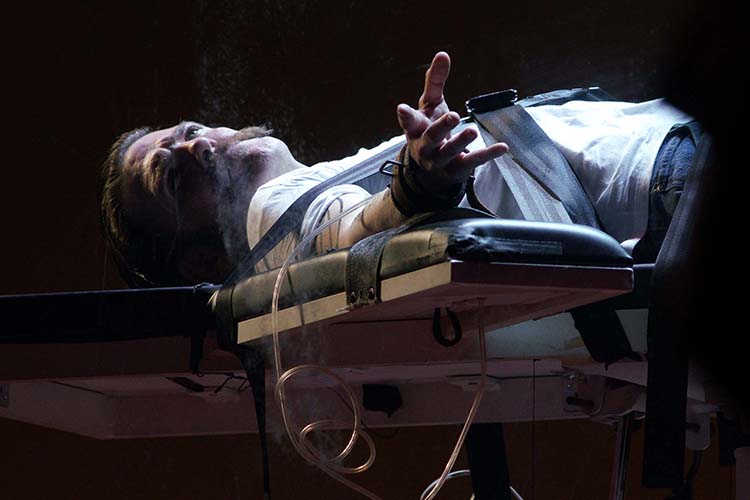
Dead Man Walking at Teatro Real. Photo: Javier del Real
In the opera, there is no question that death row inmate Joseph De Rocher is guilty, but he is portrayed as thoroughly human, not a monster, allowing us to enter into his painfully conflicted, multilayered emotions. It is also essential to the opera’s cumulative impact that composer Jake Heggie and librettist Terrence McNally devote equal attention – and equal sensitivity – to both sides: the agony of the victims’ families, and also that of De Rocher and his family. The creators of this opera do not preach; instead, they present the story straightforwardly and ask audiences to make up their own minds.
The opera’s own journey began with the book of the same name by Sister Helen Prejean, one of the most remarkable women of her generation, whose passionate advocacy against the death penalty continues to make a worldwide impact today. The book’s operatic adaptation offers audiences an unsparingly honest, devastatingly moving libretto set to superbly imaginative, instantly accessible, totally memorable music. The full impact of the piece in the opera house is something no operagoer will ever forget. It’s hardly surprising that, following its acclaimed world premiere 19 years ago, it has become one of the most frequently performed of all contemporary operas, acclaimed not just in America but all over the world.
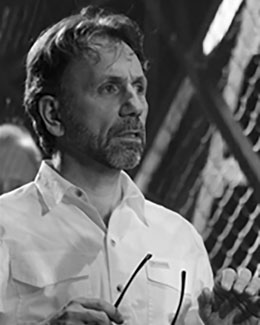
Leonard Foglia, Director
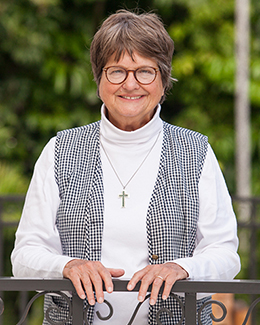
Sister Helen Prejean, Author of Dead Man Walking. Photo: Scott Langley
Below, Director Leonard Foglia challenges us with the question "what is our capacity of forgiveness?" in his director's note:
What is our capacity of forgiveness?
That is the question I am confronted with every time I return to Dead Man Walking. This piece can be viewed (usually by people who have never seen the opera) as a referendum on the death penalty. I find that lets everyone off the hook far too easily.
Generally, people’s views on capital punishment are fixed: you are either for it or against it, end of discussion. What, I believe, this piece really asks the audience is something far more difficult. Would you have the capacity to forgive someone who perpetrated a horrible crime, such as the ones depicted in this piece, against a loved one?
I find myself very low on the forgiveness scale, something of which I am not proud. When I am confronted with the question of, could I forgive, I don’t honestly know the answer. Each time I work on Dead Man Walking, I carefully chart Sister Helen’s journey, step by step, and I am constantly surprised when I reach the moment that she cannot answer the question herself, as to whether she has forgiven the killer. Her faith is based on being able to see the face of God in each and every person. What if she finds she is unable see it in this man? Or forgive him?
The centerpiece of the first act is an aria, sung by Sister Helen as she travels to the prison for the first time to meet the murderer, Joseph De Rocher:
"This journey.
This journey to Christ.
This journey to my God.
This journey to myself.
To my Jesus.
To this man.
This journey.
This journey to the truth.
This journey."
Helen’s journey is our journey, our journey to the truth, the truth about ourselves.
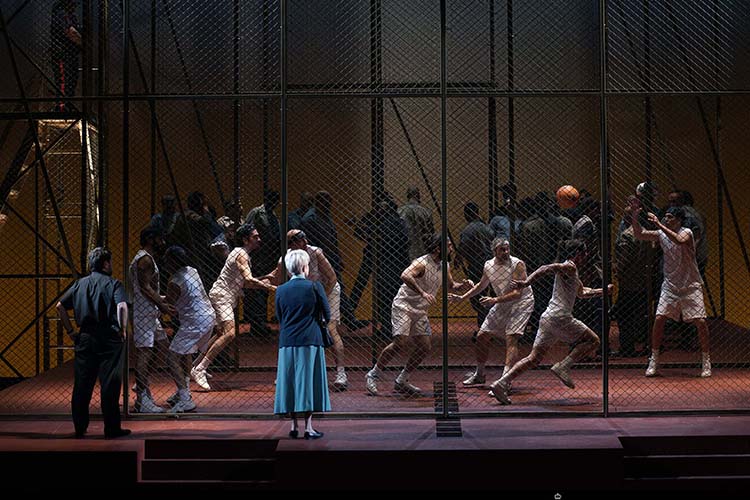
Dead Man Walking at Teatro Real. Photo: Javier del Real
Dead Man Walking is typical of today’s Lyric, where we are producing more new work than ever before. From the world premiere of Bel Canto at the Lyric Opera House to the Chicago premieres of An American Dream, Fellow Travelers, Charlie Parker’s Yardbird, and other chamber operas produced in smaller venues, contemporary work has become a thrilling way for us to attract new audiences to Lyric.
Those productions have all earned critical and public acclaim, but the real measure of success is how often and in how many different ways people choose to interact with Lyric. The opera house is our home, and our mission is also to engage people where they are, reflecting the city and communities we serve. In everything we do at Lyric, we strive to use our art form to create connection, understanding, and inspiration.
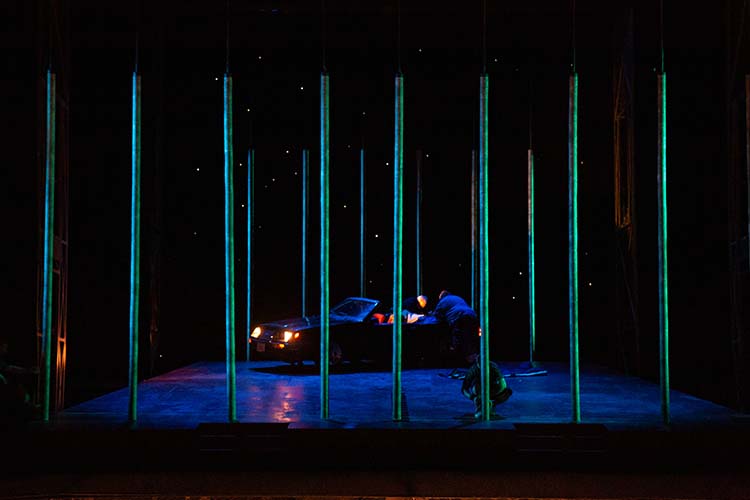
Tech week at Lyric Opera for Dead Man Walking
If you are experiencing Lyric for the first time, we hope your initial encounter with Lyric is so impactful and engaging that you will make the company a part of your life. By focusing on building our audience of the future, we will ensure that both Lyric and the art form of opera remain culturally relevant and artistically important for the next generation.
Everyone involved in the Lyric premiere of Dead Man Walking has approached it with extraordinary dedication. We know you will find it an overwhelming experience in the opera house.
